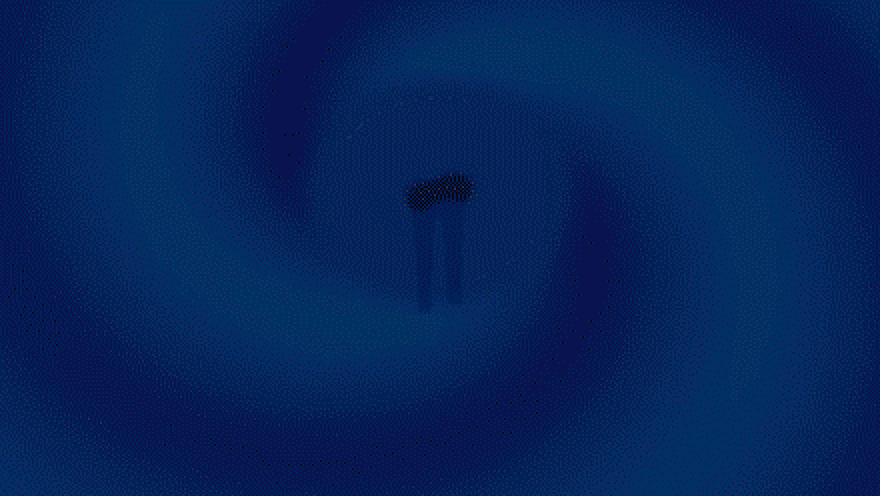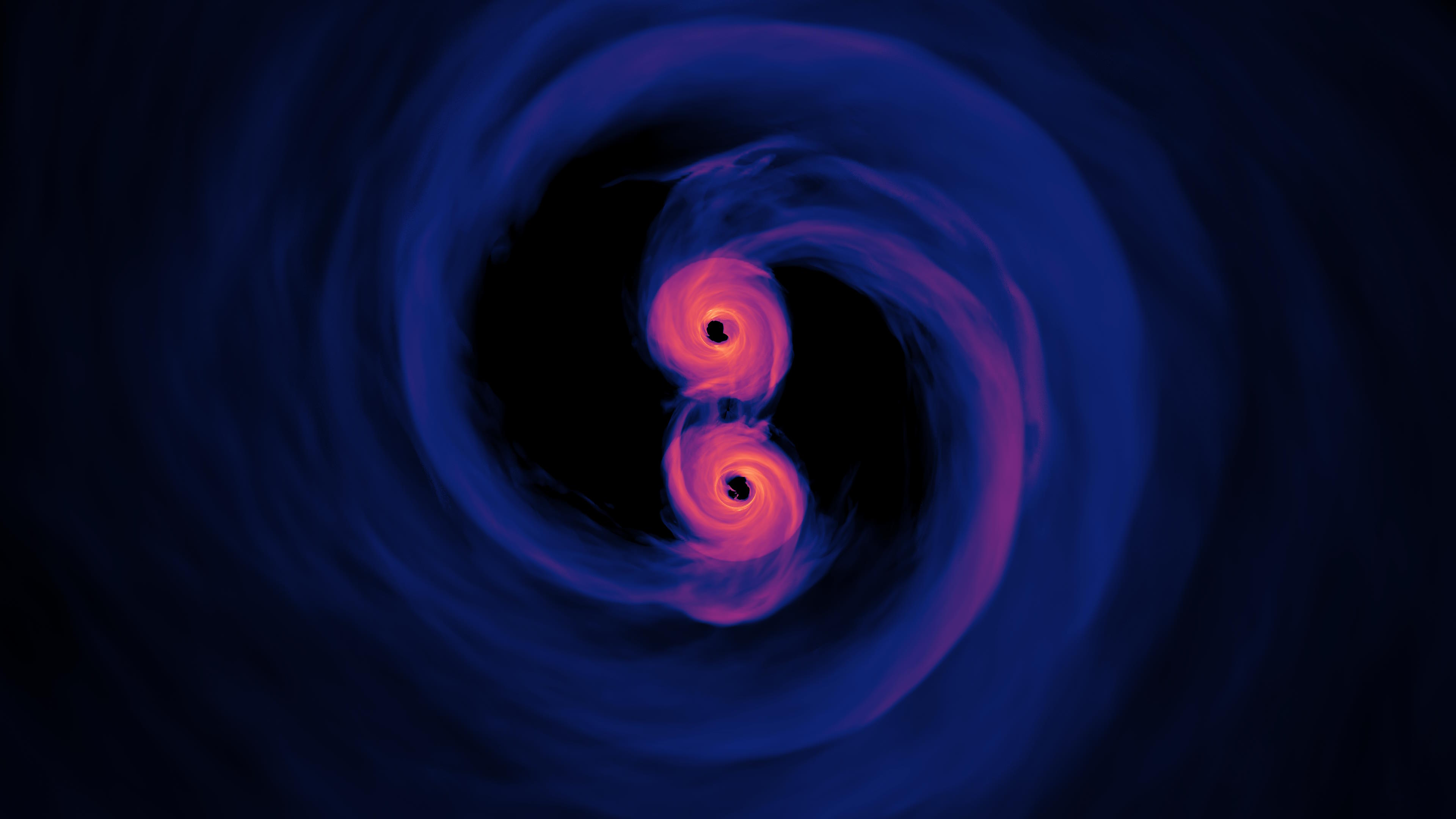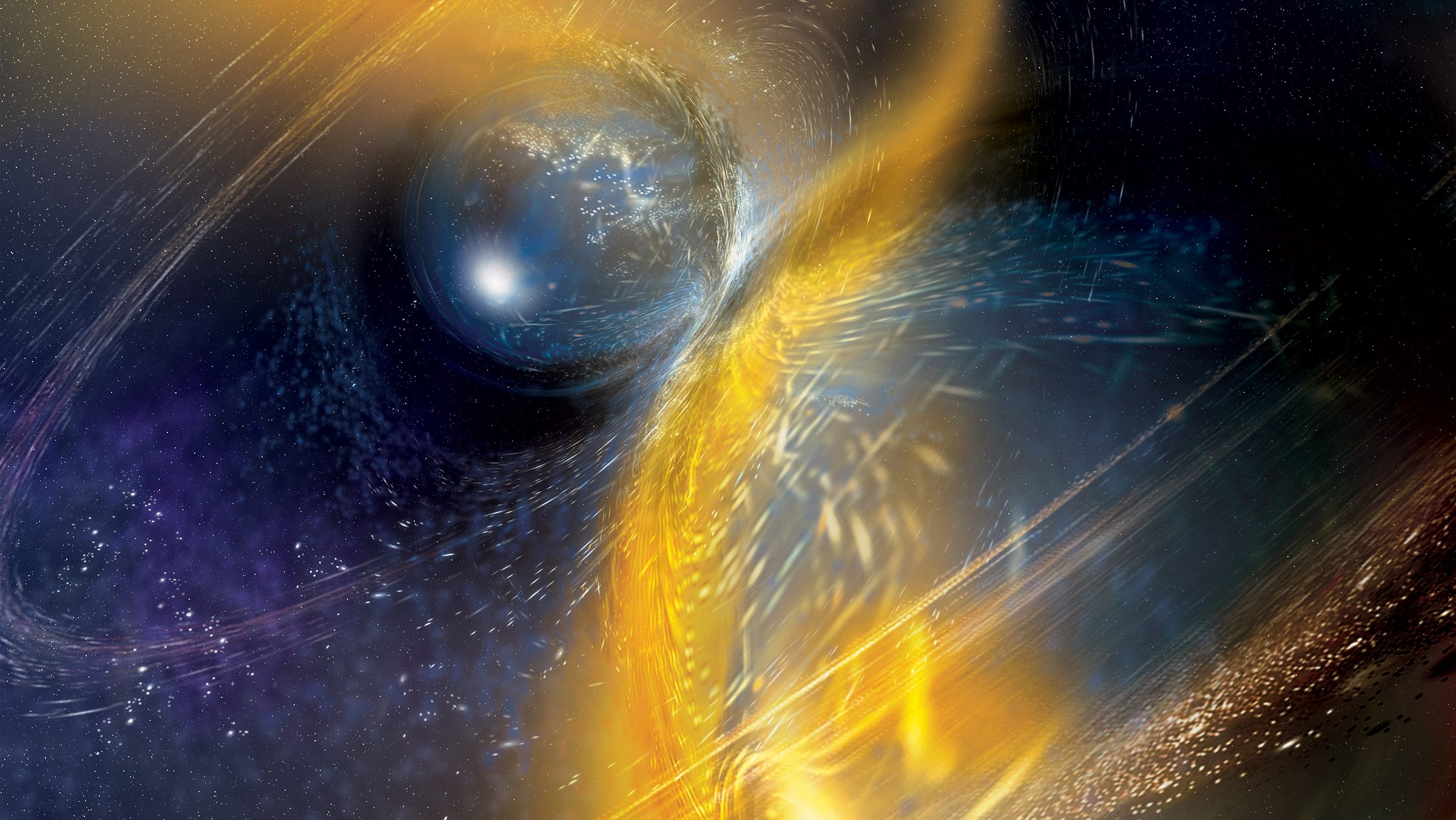At 4am on September 14, 2015, a team of over 1,000 scientists who form the Laser Interferometer Gravitational-Wave Observatory (LIGO) confirmed an aspect of Albert Einstein’s general theory of relativity.
They monitored an energy vibration just four one-thousandths of a diameter of a proton, and it set the world ablaze with celebration. Well, more than a year later, Bill Nye is still celebrating. He never stopped. These kinds of events are rare and epochal – scientists have been looking for proof of this since 1916, when Einstein published his landmark papers.
What the observation of the gravitational wave confirmed is that space and time are really one unit — space-time — that exist as part of a gravitational grid. When that grid is disturbed by massive events in space, the space-time continuum itself is altered. In this case, the event was truly epic: two black holes (one 36 times as massive as the Sun, the other 29 times) collided almost at the speed of light and formed a single black hole, during which they released 50 times the amount of energy released by all the stars in the known universe at that same moment. We’re still feeling the effects of it at a quantum level, and in many ways the ripple is only set to amplify in terms of the discoveries and technology this insight will lead to, eventually changing our daily existence in a very tangible way.
Considering that Einstein’s discovery of relativity led to things like GPS, the internet, and precision agriculture, we can only imagine what existence-altering innovations the proof of gravitational waves will bring down the line. Nye expects that it will lead “to a new understanding of another aspect of physics” and insight into energy sources that will steer us down one course of energy production.
Bill Nye’s most recent book is Unstoppable: Harnessing Science to Change the World.
Bill Nye: The announcement was made that we detected a gravity wave from a distant object that had a very big or catastrophic gravity event millions of years ago when the gravity wave showed up here. Gravity wave, obviously how hard could it be? So when I do experiments on light to detect particles we detect particles of light. When we do experiments on light to detect waves we detect waves of light. When we look at forces, that's the transmission or the force over a distance is the transmission of energy, so we can find energy traveling in waves, we can find energy traveling in packet or particles. So people have speculated since – well, this is the hundredth anniversary of Einstein publishing his landmark papers, people have speculated on the nature of gravity. Now understand we understand gravity with extraordinary precision. We land spacecraft on Mars precisely.
Everybody watching this has probably used a global positioning system on his or her phone or in a car or in an airplane that's navigating with global positioning. Those satellites that enable the system to work rely on both special relativity, which is the influence of the speed of the spacecraft relative to the airplane or ground, and general relativity, which is the speed of time as effected by the Earth's gravity. So people have suspected or speculated that there will be waves of gravity. And ways of gravity would date back to the big bang, to the origin of the universe 13.7 billion years ago, but they're very weak, extraordinarily weak. Compare how easy it is to use chemical energy to hold a ball up against the pull of gravity or just hold yourself upright against the pull of gravity. Gravity, of the forces of nature, is the weakest one and so if its energy or force or influence moves at the speed of light, like everything else does, does it move in waves?
Well to detect them you'd need an extraordinarily sensitive instrument, crazy sensitive because this influence is so weak. And we did it. We set up an instrument in Louisiana and in Washington state using these mirrors and as the gravity wave passed through the earth the mirrors moved, and with extraordinarily sensitive measurement of the waves of reflected laser light we were able to detect this small movement, these small movements. And so what does that mean for us? Well, I don't know. But the discovery of relativity lead to global positioning systems and the Internet and our ability to plant crops with precision and feed 7.3 billion people where we used to only feed 1.5 billion people. So who knows where this discovery will lead. But I wouldn't be surprised if it leads to a new understanding of another aspect of physics and a new source of energy or we prove to ourselves that there is no other source of energy and we got to rely on wind or solar or what have you. Who knows what it will need to. But the basic research is worth celebrating. This is a society that uses its intellect and treasure to make discoveries about nature and ultimately where we all fit in in the cosmos, our place in space. So if you're a human able to hear this broadcast or watch this broadcast, celebrate it. Humans have made another discovery about the universe. It's not bad.






